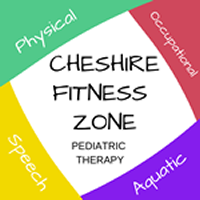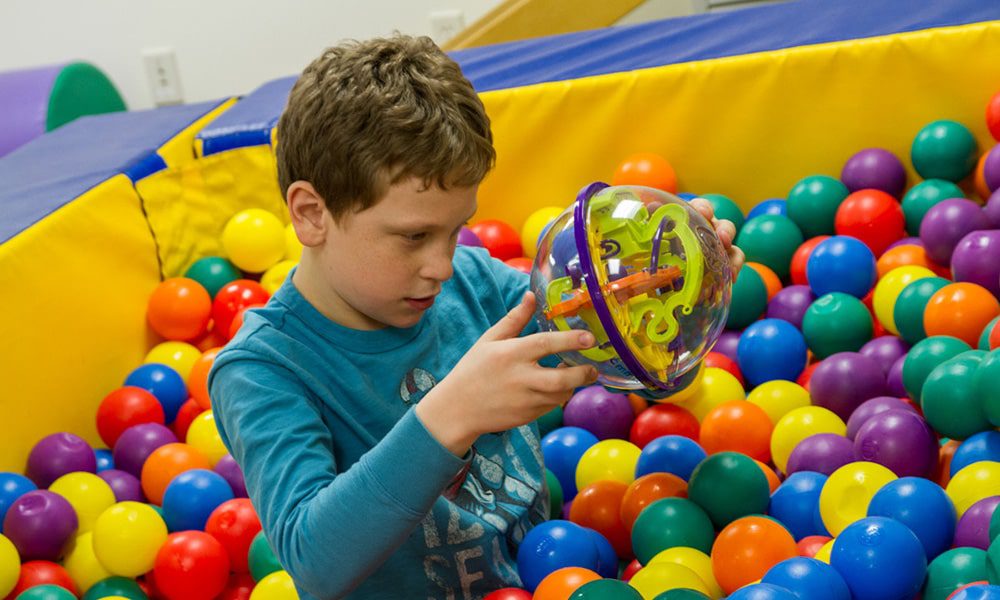Perhaps, one of the most difficult times a parent would go through is learning that his child is affected by autism. Autism is a disorder characterized by impaired communication and interaction accompanied by repetitive and restricted behavior. You do not have to worry much though once you learn your child is autistic. After all, there are many therapies out there that would surely help improve your child’s condition. One of them is aquatic therapy.
Aquatic therapy for children with autism
Children with autism have difficulties responding to varying environments causing them to get distracted from time-to-time. What they need is a warm and welcoming environment that will keep them at ease most of the time. This is why aquatic therapy is recommended for children with such disorder. Aquatic therapy, being focused on water activities and dipping in warm water, stabilizes the emotion of your child and will put his attention to all that is happening in the pool.
The effects of aquatic activities on an autistic child
Water activities vary from swimming to fun games that will help any child to feel he is in the moment. These same activities will keep an autistic child rehabilitated, noting that water has that certain effect that boils down to physical, recreational, cognitive, social and psychological benefits. Water, being full of stress-relieving effects, also calms the muscles thus making an autistic child more relaxed in the aquatic environment.
What to expect with aquatic therapy
Aquatic therapy will generally improve the quality of life for all children, including those suffering from autism. While the water’s pressure comforts the child’s feelings, it also renders a better learning environment for him. Since this is a therapy, expect that the process goes with a plan that is best suited with a particular child.
Basically, it focuses on therapies that will encourage physical movement associated with play. From there, specific benefits can be achieved including improved body awareness, enhanced range of motion, increased mobility skills and better sensory integration. On top of all these benefits, water activities created with aquatic therapy are all devised for fun thus making the child at peace with his new-found environment.
Factors to consider when enrolling your child in aquatic therapy
While aquatic therapy seems to be the right therapy that will help improve your child’s overall health and well being, whether he is suffering from autism or not, there are factors that should be brought to mind when enrolling him in one.
You should make it a point to go for aquatic therapies with experts explaining the benefits of these sessions for your child. Also, you should make sure that the pools used for the experience are warm enough to make your child focus into what he is doing while he is dipping in the water. Last but definitely not the least, you should also take time out to discuss the activities that therapists will have to design for your child.
Aquatic therapy is indeed one of the solid options for your child who is suffering from autism. You certainly would want to be informed about how sessions go to make it benefit not only your child but you as well.



